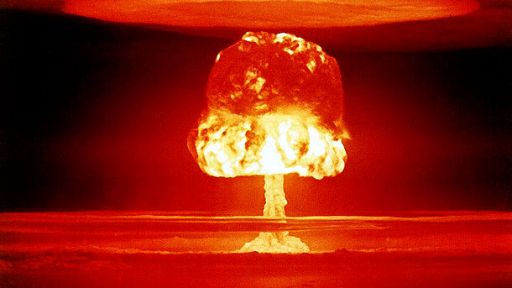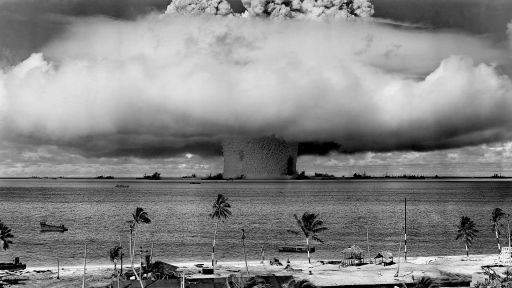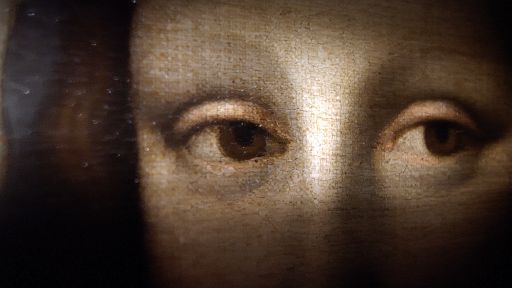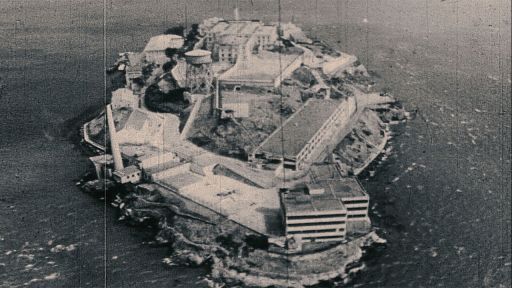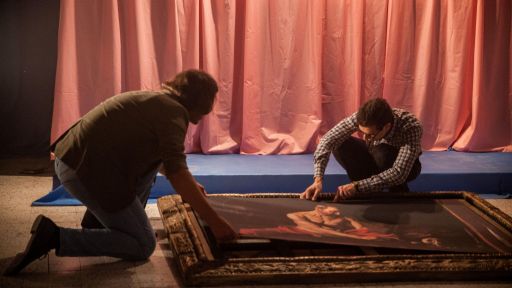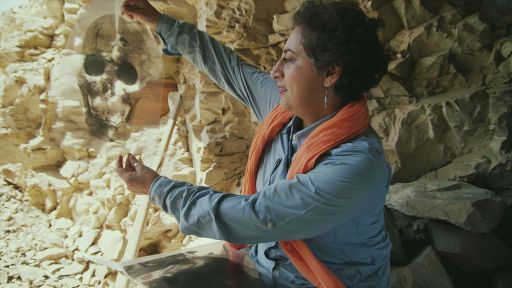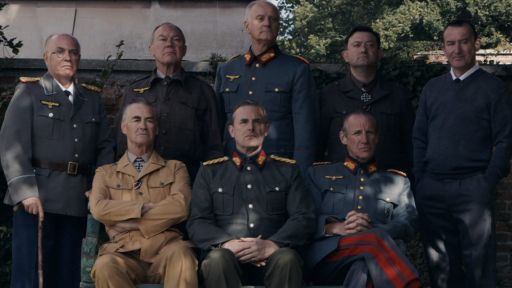Richard Rhodes
Richard Rhodes is an American journalist and historian is the author or editor of twenty-three books including The Making of the Atomic Bomb, which won a Pulitzer Prize in Nonfiction, a National Book Award and a National Book Critics Circle Award; Dark Sun: The Making of the Hydrogen Bomb, which was shortlisted for a Pulitzer Prize in History.
The Making of the Atomic Bomb, is the Pulitzer Prize winning nonfiction book documenting the history of the production of the Atom Bomb Dark Sun: The Making of the Hydrogen Bomb is the Pulitzer nominated nonfiction book documenting the building of the Hydrogen Bomb
http://www.richardrhodes.com/
http://www.richardrhodes.com/books.html
Harold Agnew
Harold M. Agnew became the third Laboratory Director in 1970, serving until 1979. Agnew first came to Los Alamos in 1943 as a graduate student, joining the Experimental Physics Division. He participated in the atomic bombing of Hiroshima, flying as a scientific member of the first atomic strike mission. After completing his graduate work under Enrico Fermi at the University of Chicago, Agnew returned to the Laboratory and worked in weapons development, ultimately becoming head of the Weapon Nuclear Engineering Division in 1964, a position he held until becoming Director in 1970. Agnew also served as a scientific advisor to NATO and was a member of the General Advisory Committee to the Arms Control and Disarmament Agency. Under Agnew’s directorship, Los Alamos developed an underground test containment program, completed the Clinton P. Anderson Meson Physics Facility, acquired the first Cray supercomputer, and trained the first ever class of International Atomic Energy Agency Inspectors.
http://www.lanl.gov/history/people/agnew.shtml
Martin Kalinowski
Martin B. Kalinowski holds a PhD in nuclear physics dealing with international tritium control. He was a scientific assistant for a decade in the Interdisciplinary Research Group on Science, Technology, and Security (IANUS) at Darmstadt University of Technology, Darmstadt, Germany. He co-founded the International Network of Scientists and Engineers Against Proliferation (INESAP) and acted as the Scientific Coordinator of this non-governmental organization from 1994 to 1997. In October 1998, Kalinowski joined the International Data Center of the Provisional Technical Secretariat of the Preparatory Commission for the Comprehensive Nuclear-Test-Ban Treaty Organization (CTBTO), Vienna, Austria. In spring 2005, he was an Assistant Professor in the Department of Nuclear, Plasma, and Radiological Engineering at the University of Illinois. Beginning in spring 2006, Kalinowski will be a professor for science and peace research at the University of Hamburg, Germany. He will be the founding director of the Carl Friedrich von Weizsäcker Center for Science and Peace Research. His current research deals with atmospheric radioactivity monitoring and analysis as a means to detect clandestine nuclear testing.
